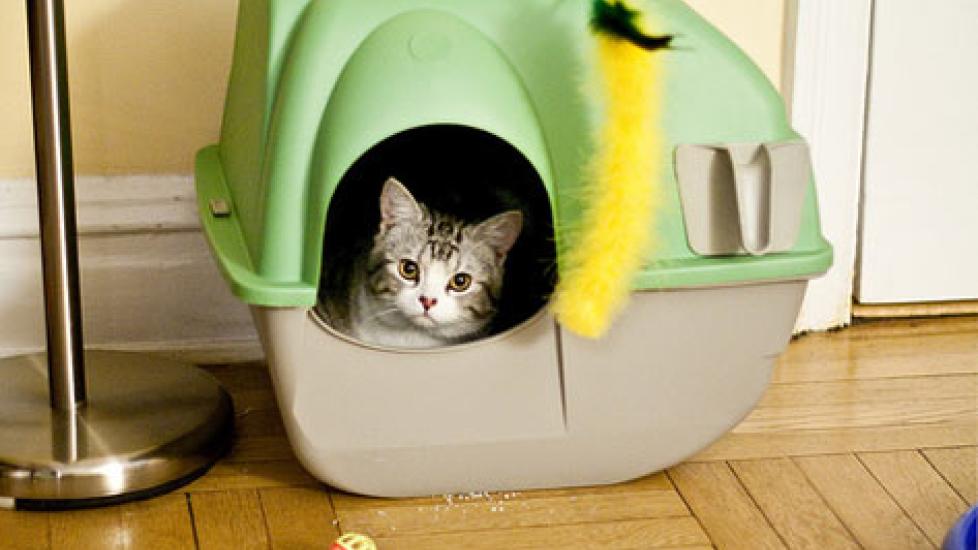Natural Cat Litter: What's the Difference, and Should You Switch?
If you are like most consumers, then you want choices when it comes to your cat litter -- perhaps even "greener" choices. That's right, long gone are the days when you could only choose from a handful of litters to assist you in discarding Kitty's little "indiscretions." Visit your local pet supply store today and you're likely to find several brands of environmentally safe cat litters. So which ones are the most popular and why?
First, if you are worried about giving up your precious clumping litter, don't. Like their clay- or silicon-based counterparts, both clumping and non-clumping natural litters are available. That means you don't necessarily have to dump out the whole litter box of litter after every use. Instead, with natural clumping litters, you can just lift out the scoopable urine and fecal ball clumps, dispose of them properly, and voilà -- all done.
Many natural cat litters are also biodegradable and completely renewable. Some of the more popular natural litter materials include cedar, sawdust, pine, corn, beet pulp, soybean, wheat, and recycled paper products. There are even a few natural litters that can be incinerated, composted, and/or used as mulch (so long as it's not used on food plant beds).
However, as with all things, there are some things to take into consideration when using certain types of natural litters. Scented litters may irritate cats with asthma and other breathing issues; due to their dehydrating and expanding properties, some natural clumping litters may be harmful if ingested in large quantities; and despite the fact natural litters are made from environmentally friendly materials, they should not be flushed down the toilet -- this is because cat feces (and thus "used" litter) may contain the dangerous T. gondii parasite, which sewage treatment plants are incapable of eradicating from the water. Of course, many of these things should be taken into consideration when choosing "regular" cat litter too.
So consult your veterinarian about making the switch to natural cat litter and ask your friends about their experiences with your favorite brand. Some may be better at clumping and controlling odors than others. With any luck, you'll be scooping up your Kitty's little "presents" from your new natural cat litter before you know it. Best of all, you can do it knowing the litter is environmentally friendly.
Learn More:
Image: Tom Thai / via Flickr
